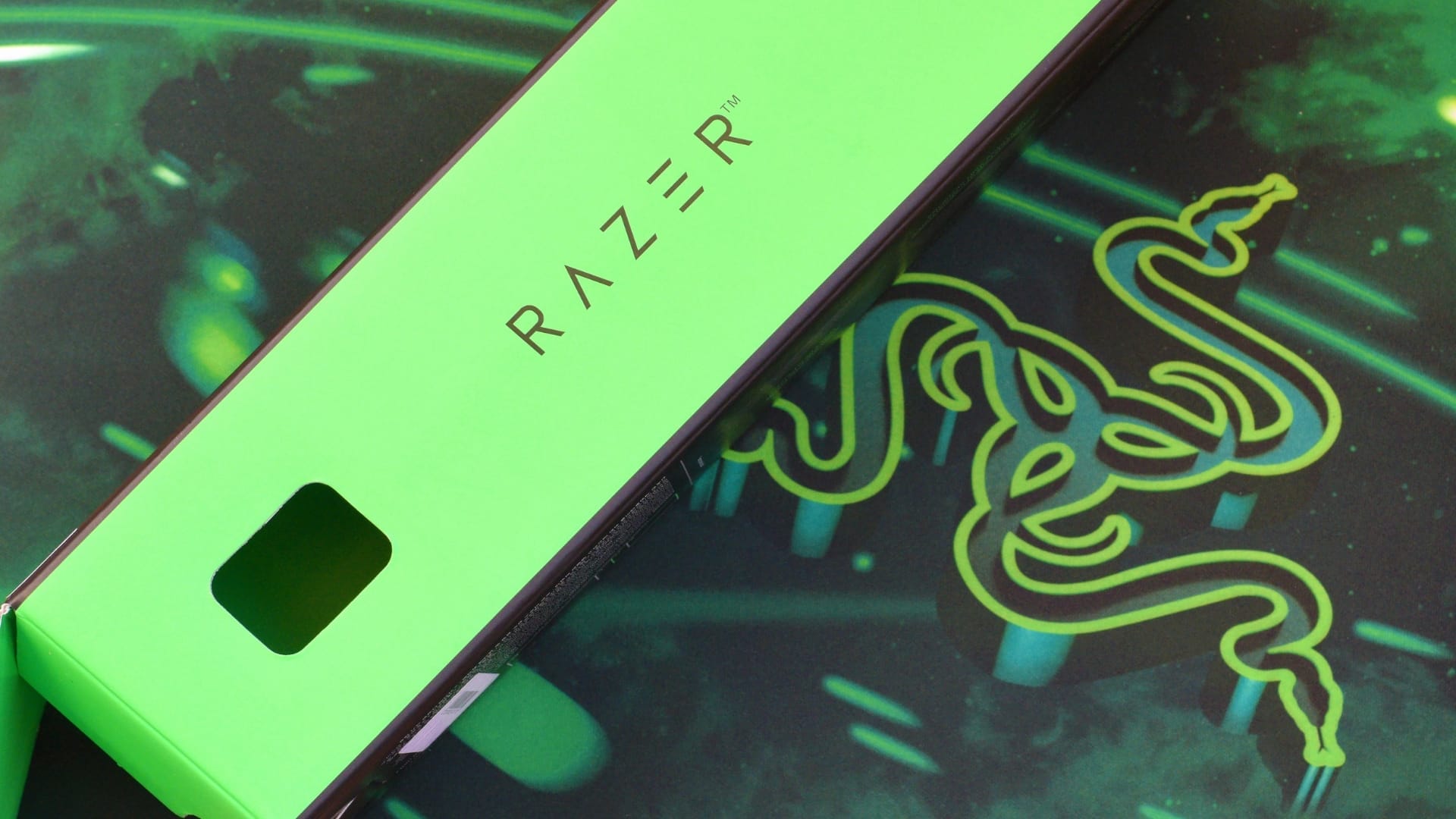Razer to launch AI developer tools on AWS for global game studios
Razer is launching its AI Game Developer Tools on AWS, aiming to help studios scale faster and improve game quality through cloud-powered automation.

Razer has announced the global launch of its new AI-powered Game Developer Tools on Amazon Web Services (AWS), aimed at transforming how games are created, tested, and refined. This move brings its intelligent development tools to the cloud, improving accessibility and scalability for game developers across the world.
Table Of Content
Set to be available soon on the AWS Marketplace, the Razer Game Assistant and Razer QA Companion are part of WYVRN, Razer’s next-generation AI ecosystem designed to speed up and enhance game development.
Introducing Razer Game Assistant and QA Companion
The new tools were first introduced at CES 2025 under the codename Project AVA. Razer Game Assistant is an AI-driven solution that provides real-time insights during gameplay, including expert tips, post-game analysis, and hardware performance optimisation. It can be customised with game- and genre-specific data and directly integrated into gameplay to enhance the player experience with interactive, AI-enhanced support.
Razer QA Companion serves as an intelligent quality assurance assistant, designed to automate bug tracking and performance testing. It identifies issues such as crashes or gameplay faults, allowing human testers to concentrate on refining game mechanics and overall experience. The tool integrates seamlessly with existing workflows and supports Unreal, Unity, and custom C++ engines. With pre-built templates for different game genres, QA setup time is reduced, eliminating much of the manual work.
To enhance this offering, Razer has partnered with Side, a global game services company, to co-develop further automation capabilities. This partnership will support the development of more advanced QA solutions, improving testing efficiency and helping developers bring their games to market faster.
Leveraging AWS for scalability and performance
Razer’s AI Game Developer Tools are currently in beta testing with both AAA and indie studios. By launching on AWS, Razer is making the tools accessible through a secure, cloud-native infrastructure designed to support large-scale development needs.
Built on Amazon Bedrock—a managed service for generative AI—these tools allow Razer to use selected foundation models efficiently while maintaining security and performance. The AWS environment enables developers to speed up testing cycles, enhance bug detection, and deliver higher-quality games on shorter timelines.
Quyen Quach, VP of Software at Razer, commented, “With the launch of Razer AI Game Developer Tools, we are excited to deepen our collaboration with AWS. For two decades, Razer has led gaming innovation—and now, we are pioneering the future with AI. By combining our rapid prototyping capabilities with AWS’s cloud scalability, we are enabling the next generation of gaming creation and development. These tools will offer developers a powerful, cost-effective way to scale, reduce time-to-market, and elevate player experiences.”
Gunish Chawla, Managing Director, Commercial Sector, ASEAN at AWS, added, “The gaming industry has pushed the boundaries of emerging technologies, reshaping how games are built and played. Our collaboration with Razer showcases how building AI tools for gameplay coaching and QA testing on the cloud can help studios innovate faster, while maintaining quality, ultimately benefiting developers and players globally.”
Global availability through AWS Marketplace
Razer’s Game Assistant and QA Companion will soon be available on AWS Marketplace. This will allow game developers to quickly deploy generative AI-powered tools using a simplified procurement process. The aim is to streamline the integration of these tools into existing development workflows and help studios bring their games to market faster, with improved quality and reduced overheads.















